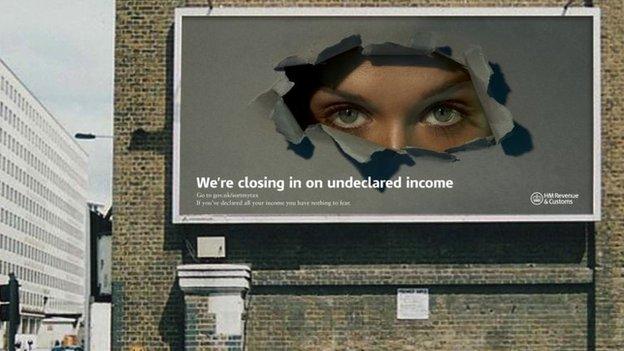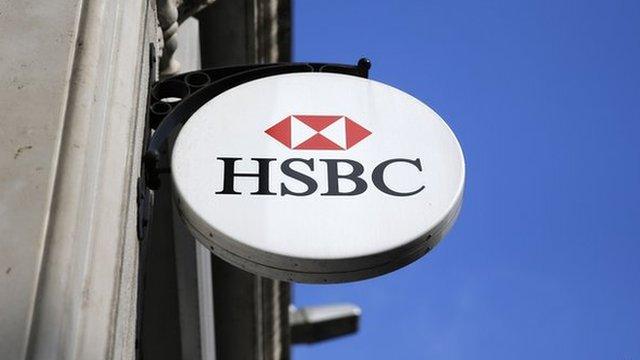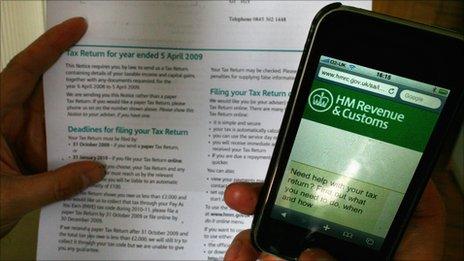Internet companies face 'tax crackdown'
- Published

Internet companies may have to provide more information on people and businesses who sell goods and services online, in a crackdown on tax evasion.
HM Revenue & Customs wants to target businesses that have failed to register for tax, and individuals who fail to declare the money they make online.
It said this "hidden economy" could equate to £5.9bn a year in tax.
HMRC has launched a consultation on extending its powers, external to collect extra data from firms and individuals.
No specific firms have been named, but sellers on internet marketplaces such as online advert site Gumtree, holiday home rental site Airbnb and e-commerce giant eBay could be among those targeted.
'Data in bulk'
In the consultation document published online, HMRC said data played a key role in enabling it to detect those not paying tax.
Existing laws allow HMRC to access certain data but it wants to broaden its scope.
"Data can be particularly powerful when it is collected from third parties who facilitate trade, either between businesses, or between businesses and consumers," the consultation document said.
"This is because they can provide information in bulk about the activity of large numbers of traders, and because third party data can be used as an independent check against the data that taxpayers themselves report to HMRC."
The document said the extended powers would affect businesses acting as intermediaries or providing electronic payment services.
'Individuals not targeted'
HMRC stressed it would not target individuals who sold personal possessions, only businesses that failed to pay tax owed.
It said it would not seek to find out what people bought online, but rather what was sold and not declared.
"Effective tackling of the hidden economy will ensure a level playing field between those businesses and individuals who comply with their tax obligations and those that do not," the consultation said.
It said those who were tax compliant "should see little or no impact".
The 12-week consultation runs until 14 October.
- Published9 February 2015

- Published14 March 2012

- Published13 June 2011
